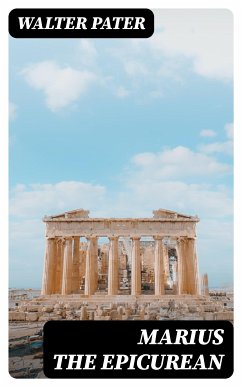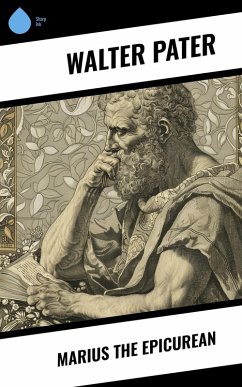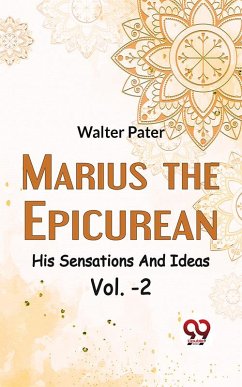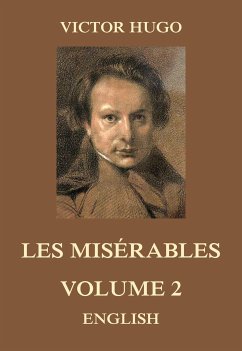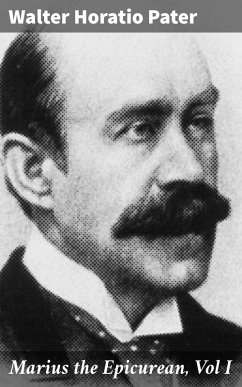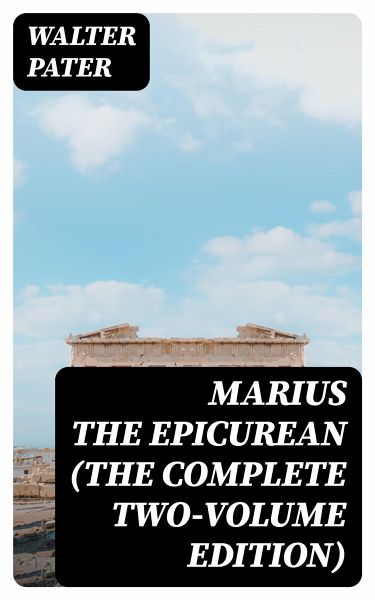
Marius the Epicurean (The Complete Two-Volume Edition) (eBook, ePUB)
Sofort per Download lieferbar
1,99 €
inkl. MwSt.

PAYBACK Punkte
0 °P sammeln!
In "Marius the Epicurean," Walter Pater crafts a rich, philosophical narrative set in the decline of the Roman Empire, exploring the life of a sensitive and introspective youth grappling with the complexities of pleasure, spirituality, and the pursuit of beauty. This two-volume edition showcases Pater's masterful prose, characterized by his distinctive aestheticism and deep psychological insight. The novel unfolds in a series of lyrical vignettes, blending historical context with a modern sensibility that articulates the tensions between hedonism and moral introspection, all within a lushly de...
In "Marius the Epicurean," Walter Pater crafts a rich, philosophical narrative set in the decline of the Roman Empire, exploring the life of a sensitive and introspective youth grappling with the complexities of pleasure, spirituality, and the pursuit of beauty. This two-volume edition showcases Pater's masterful prose, characterized by his distinctive aestheticism and deep psychological insight. The novel unfolds in a series of lyrical vignettes, blending historical context with a modern sensibility that articulates the tensions between hedonism and moral introspection, all within a lushly described sensory landscape that invites readers to contemplate the essence of existence itself. Walter Pater, a prominent figure of the Victorian literary scene and an influential critic, was known for his advocacy of art for art's sake. His own struggles with the conventions of society and a deep-seated appreciation for beauty and culture undoubtedly informed the philosophical underpinnings of Marius's journey. Pater's extensive engagements with classical literature and philosophy are woven throughout the text, reflecting his fascination with the Epicurean ideals that permeated his academic and personal pursuits. For readers seeking a profound exploration of human experience and the quest for meaning against the backdrop of a fading empire, "Marius the Epicurean" serves as both a philosophical treatise and an exquisite literary work. Pater's eloquence and mastery make this novel an essential addition to the library of those interested in aesthetics, philosophy, or the intricacies of the human condition.
Dieser Download kann aus rechtlichen Gründen nur mit Rechnungsadresse in A, B, BG, CY, CZ, D, DK, EW, E, FIN, F, GR, H, IRL, I, LT, L, LR, M, NL, PL, P, R, S, SLO, SK ausgeliefert werden.




